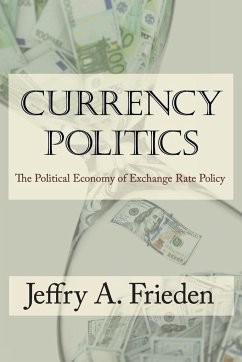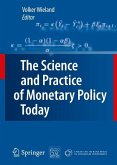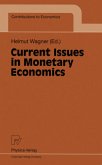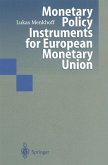Identifying the motivations for currency policy preferences on the part of industries seeking to influence politicians, Jeffry Frieden shows how each industry's characteristics - including its exposure to currency risk and the price effects of exchange rate movements - determine those preferences. Frieden evaluates the accuracy of his theoretical arguments in a variety of historical and geographical settings: he looks at the politics of the gold standard, particularly in the United States, and he examines the political economy of European monetary integration. He also analyzes the politics of Latin American currency policy over the past forty years, and focuses on the daunting currency crises that have frequently debilitated Latin American nations, including Mexico, Argentina, and Brazil.
Hinweis: Dieser Artikel kann nur an eine deutsche Lieferadresse ausgeliefert werden.
Hinweis: Dieser Artikel kann nur an eine deutsche Lieferadresse ausgeliefert werden.
"In Currency Politics, a quarter century of scholarly rumination has been distilled in one definitive treatment. . . . His attention to detail is remarkable, and wherever the data permit, he backs his qualitative discussion with solid quantitative analysis. . . . Readers unfamiliar with any of these episodes will find the treatment enlightening, even fascinating."--Benjamin J. Cohen, Journal of Economic Literature








